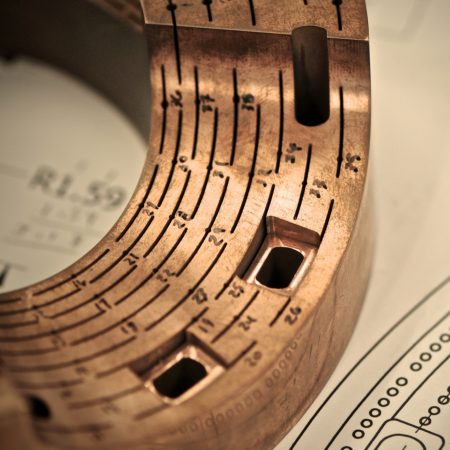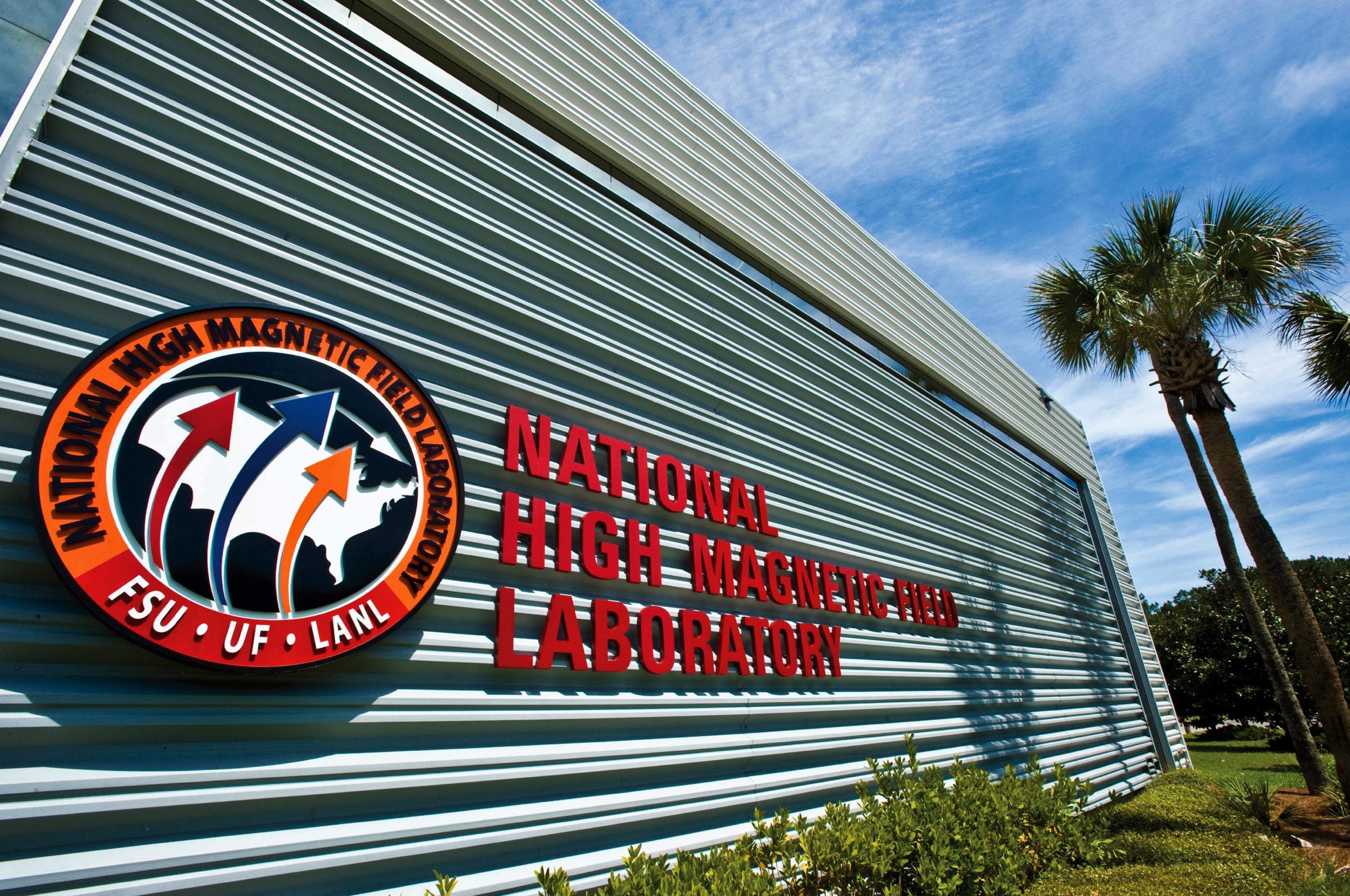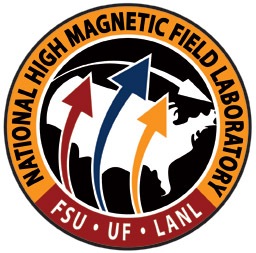
A decision by the National Science Board (NSB) to award a five-year renewal grant to the National High Magnetic Field Laboratory (MagLab) will enable Florida and New Mexico to continue as research meccas for leading physicists, chemists, biologists and engineers from around the world.
The renewal grant allows the laboratory’s operating partnership of Florida State University, the University of Florida and Los Alamos National Laboratory to keep the lab anchored in Tallahassee with sites in Los Alamos and Gainesville, Fla., for another five years. While the exact size of the grant has not yet been negotiated, the NSB’s recommended funding amount could exceed $160 million.
“The MagLab is a crown jewel for science not only in Florida but throughout the country and the world,” said Kirby Kemper, Florida State University’s vice president for Research. “This unique facility has helped put our state on the map in terms of scientific recognition, and the discoveries taking place here have the potential to move us into the next stage of technological advancement and understanding.”
The lab, the only facility of its kind in the United States, is home to some of the most powerful magnets in the world.

High magnetic fields play a critical role in developing new materials that affect nearly every modern technology. Electric lights, computers, motors, plastics, high-speed trains and MRI machines all came about after researchers learned more about materials and living structures through magnet-related research. Examples of current research taking place at the MagLab include advanced fuel cells, sustainable biofuels, new superconducting materials and brain tumor treatments. The lab is also widely recognized as the world’s leader in the development of powerful and unique magnets.
In addition to serving as a research hub for Florida, the MagLab contributes significantly to the state’s economy. For every dollar Florida invests in the lab, it is expected to attract $4.13 in federal and other sources of funding, according to a 2009 report by Florida State’s Center for Economic Forecasting and Analysis. Florida’s overall investment in the MagLab over the next 10 years is expected to generate $1.66 billion in output — the value of goods and services produced — and $689 million in income.

“The recommendation of the NSB for renewal of this grant is a direct reflection of the beneficial and lasting partnership we have built between our state leaders, the Florida Board of Governors, the University of Florida, Los Alamos National Laboratory and the National Science Foundation,” Kemper said. “Leveraging this partnership will allow us to continue to offer the services and technology of this unique research center to the world’s top scientists.”
Contract negotiations with the National Science Foundation will take place over the next several months to determine the total award amount of the grant. To learn more about the MagLab, visit www.magnet.fsu.edu or follow @FSUMagLab on Twitter.




